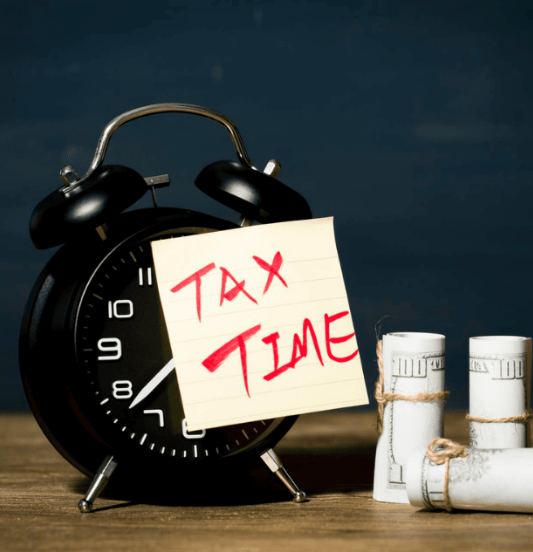For businesses operating in Thailand, understanding tax regulations is vital for staying compliant and avoiding costly penalties. Taxation plays a key role in ensuring smooth operations and fostering a positive relationship with the Thai Revenue Department (TRD). This guide highlights common tax mistakes and the potential penalties that can arise from them, helping businesses stay on track and maintain good standing with the authorities.
The Importance of Proper Tax Compliance
Tax compliance is not just about avoiding penalties—it’s crucial for the long-term success of any business in Thailand. By adhering to tax regulations, businesses can avoid legal issues, maintain their financial health, and ensure they remain in good standing with the Thai government. A clear understanding of tax rules and avoiding common errors can help businesses run smoothly without unnecessary complications.
Common Tax Mistakes and Their Consequences
- Underreporting Income
One of the most serious tax mistakes is underreporting your income. Doing so can lead to errors in tax calculations, resulting in audits, penalties, and additional tax obligations. It’s important to report all income accurately to avoid such complications. - Poor Record-Keeping
Keeping accurate and organized records is essential for tax compliance. Disorganized or incomplete records can lead to incorrect financial statements and tax filings, increasing the risk of audits and penalties. - Misclassifying Employees
Incorrectly classifying employees as independent contractors can result in incorrect tax withholding and missed social security contributions. This mistake often leads to audits and back payments, along with additional fines. - Neglecting Withholding Tax Obligations
Businesses are required to deduct withholding tax on payments such as salaries, services, and royalties. Failing to meet these obligations can result in accusations of tax evasion, along with fines and possible legal consequences. - Errors in VAT Calculations
Mistakes in calculating or applying the Value Added Tax (VAT) can lead to discrepancies in your financial records. Failing to properly account for VAT or applying incorrect rates could result in penalties and additional tax liabilities. - Missing Tax Filing Deadlines
Missing the deadlines for tax filings can trigger immediate financial consequences. Late filings often result in escalating penalties, and the longer the delay, the more costly the mistake becomes.
Possible Penalties for Tax Mistakes
- Fines and Penalties
The TRD imposes fines for various tax-related offenses. These penalties can range from a fixed amount to a percentage of the underpaid tax. - Interest on Late Payments
Late payments typically incur interest, which accumulates over time, leading to increased tax liabilities. - Damage to Reputation
Tax-related issues, including evasion or non-compliance, can damage a business’s reputation. This loss of trust among customers, suppliers, and partners can have long-term negative effects on the business. - Business Disruptions
In cases of severe tax violations, legal action can disrupt business operations. In extreme cases, it could lead to the suspension or closure of the business. - Criminal Charges
Deliberate tax evasion or fraudulent activity can result in criminal charges. This could include imprisonment and substantial financial penalties.
How to Avoid Tax Mistakes and Penalties
- Stay Informed
Keeping up-to-date with Thai tax regulations, deadlines, and changes is essential for ensuring compliance. - Consult Professionals
Consider working with tax experts, accountants, or legal advisors who are familiar with Thai taxation. Their guidance can help ensure your financial decisions are in line with the law. - Maintain Accurate Records
Implement strong record-keeping practices to ensure that your financial statements and tax returns are transparent and compliant. - Review Regularly
Regularly reviewing your financial records and tax filings allows you to spot and correct any potential mistakes early on. - Plan for Taxes
Set aside funds for tax payments in advance and ensure you are well-prepared to meet filing deadlines without delay.
Conclusion
Tax compliance in Thailand is crucial for maintaining the integrity and financial health of your business. By avoiding common mistakes, staying informed, and keeping accurate records, you can prevent costly penalties and ensure smooth operations. Proactively managing your tax obligations will not only help your business thrive but also contribute to the broader economy. Always take the necessary steps to ensure compliance, and consult professionals when in doubt. This approach will protect your business from legal and financial risks, helping you maintain a positive reputation and sustainable growth.


